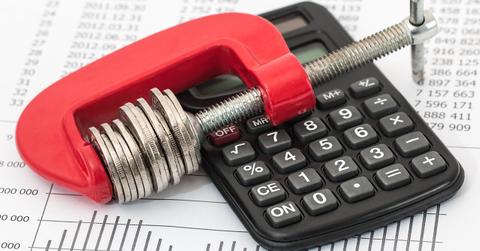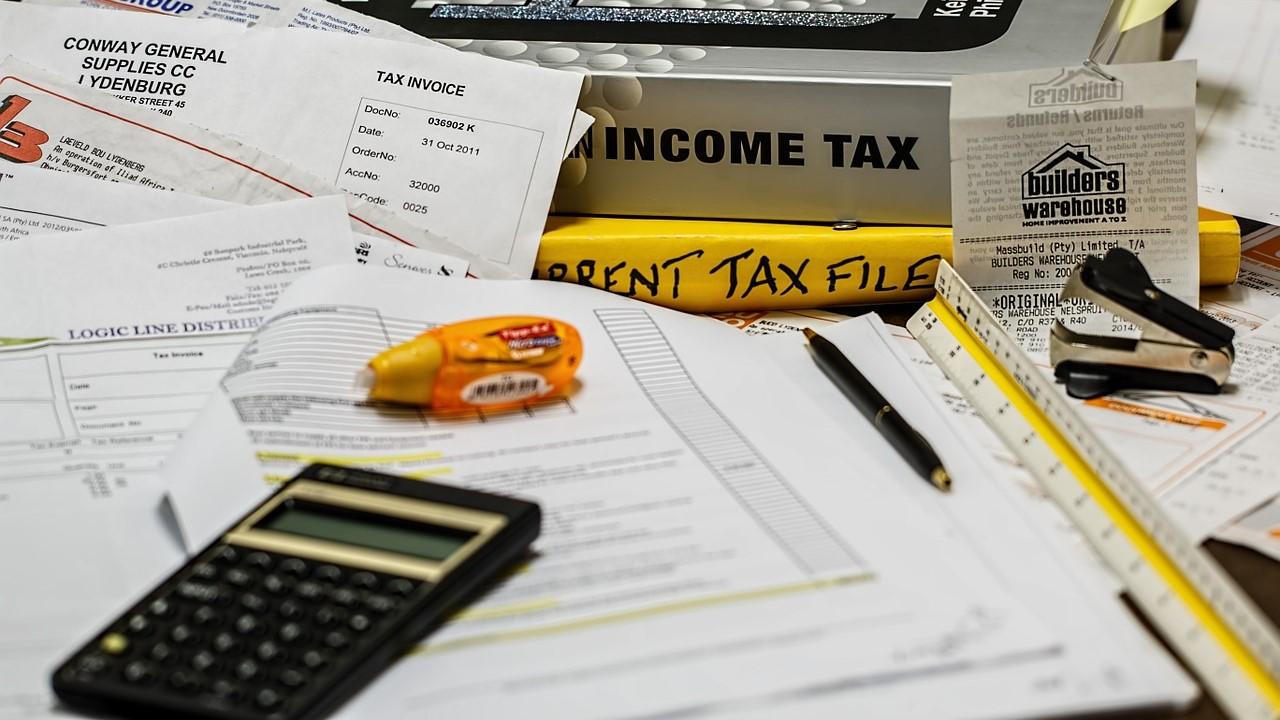Is Pension Considered Income and Is It Taxable?
Pension tax can be a complicated subject. Is pension considered income and is it taxed by the IRS?
Oct. 28 2020, Updated 8:22 a.m. ET

Pension availability has been shrinking in the U.S. If you are fortunate to work for a company that offers pension, it helps to know if a pension is taxable and how pension taxes work so you can plan better for your retirement.
What is a pension?
A pension is a retirement payment that you receive as a fixed amount every month. A pension plan is funded by the company you worked for. You should receive pension payments for the rest of your life. Many companies require that employees stay with them for a certain number of years before they can access their pension. Therefore, you may not receive a pension if you leave a job before the agreed period. A pension can give you a more comfortable and secure retirement.

Are pensions taxed by the IRS?
You have been paying income tax since you started working and now you have to retire. Is the IRS still going to tax your pension? Individuals approaching retirement may want to know if their pension payments will be subject to IRS tax. Similarly, individuals who have landed a job with a company that offers a pension plan may want to find out if the pension will be taxable.
Is pension taxable? Yes, pensions are generally subject to federal tax. However, depending on the nature of the pension contribution, a pension may be fully taxable or only partially taxable.
A pension is fully taxable if you made no investment in the plan. You didn't make an investment in a pension if you didn’t contribute anything toward the pension plan. Also, you didn't make an investment in the pension if your employer didn’t withhold a pension contribution from your paycheck.
Does pension count as earned income?
The IRS considers pension as income. As a result, the IRS expects you to pay taxes on your pension. Pension tax will depend on whether you made a pre-tax or after-tax contribution to your pension account while you were still working. If you made a pre-tax contribution to the pension account, then your pension payment will be fully taxable when you start receiving it. In contrast, if you made an after-tax contribution to the pension account, a portion of your pension payment may be tax-free.

Is pension taxed like regular income?
The IRS taxes pensions at the same rate as ordinary income. The size of the pension amount will determine your tax bracket. Also, you may be subject to an extra 10 percent early distribution tax penalty if you start withdrawing pension before retirement age. The early distribution penalty won’t apply if you are permanently disabled.
Is a pension considered income for unemployment benefits?
Many people with a pension want to know if they can claim unemployment benefits. Yes, you can be eligible for unemployment benefits while receiving pension payments. However, pension payments may reduce your unemployment compensation because of deductions. When filing for unemployment benefits, you will be required to report pension payments.
Finally, in addition to federal tax, pension payments could be subject to state tax as well. More than a dozen states don't tax pension incomes. As a result, some people choose to retire in states that don’t tax pension payments.
